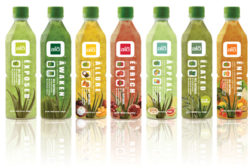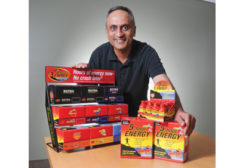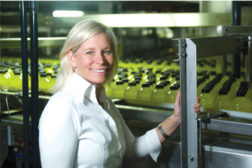Articles by Jennifer Zegler
Focus on function
5-Hour Energy maintains dominance in energy shot category
August 15, 2011
Sustaining a more responsible future
Companies have broad definitions when it comes to going green
August 11, 2011
Nor-Cal Beverage’s diversified business
Family-owned business expands beyond co-packing
July 12, 2011
Diageo’s FMBs focus on authenticity, convenience
Brand expansions answer consumers’ call for variety
July 12, 2011
Formulations to fight expanding waistlines
Ingredients address consumers’ weight concerns
July 12, 2011
Fitting in with the demands of the line
High speeds, lighter packages challenge palletizing equipment
July 11, 2011
Elevate your expertise in the beverage marketplace with unparalleled insights and connections.
Join thousands of beverage professionals today. Shouldn’t you know what they know?
JOIN NOW!Copyright ©2025. All Rights Reserved BNP Media.
Design, CMS, Hosting & Web Development :: ePublishing









